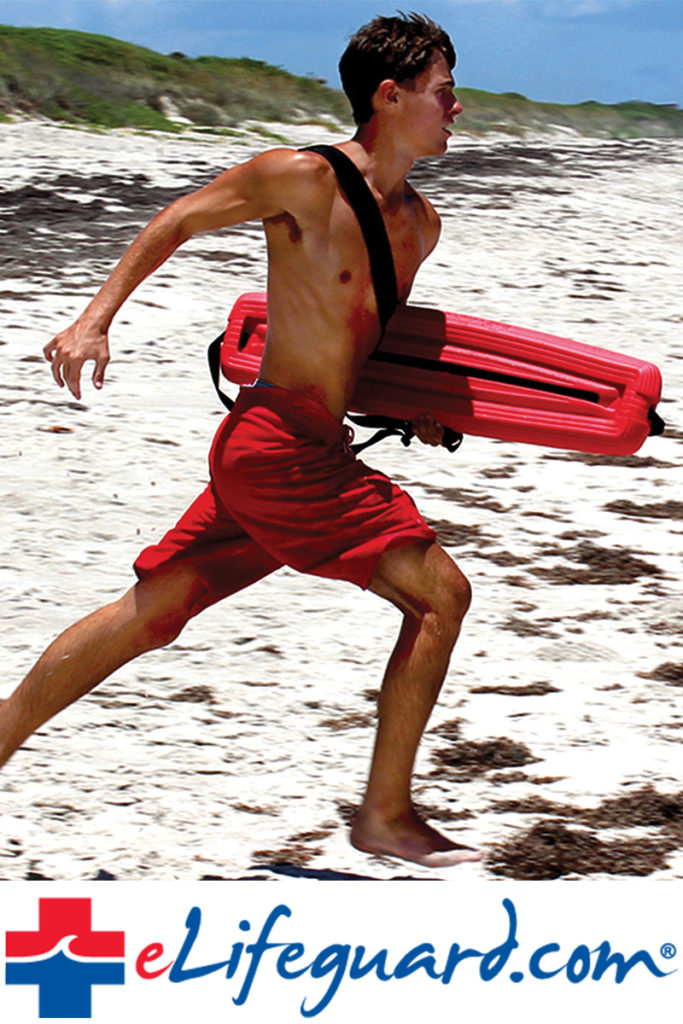Getting Life Back to Normal After a Big Storm
If you’re in Florida, especially in the central or southern part, you’ve probably already been through the worst of Hurricane Dorian. Fortunately for many Floridians, the storm wasn’t too devastating, unlike past hurricanes including Hurricane Andrew and Hurricane Irma. Our thoughts go out to all who were affected by the storm, so for everyone who is dealing with the aftermath of Hurricane Dorian, here are some tips on what to do post hurricane.
1) Document all of your expenses. This is two-fold. First, it’s for your personal records so that you can plan accordingly should there be storms in the near future. It’s also for insurance purposes. If you have to make temporary repairs, save bills and receipts from the costs incurred to afford those.
2) Record all damage from the storm. It is recommended that you create an inventory or list of all of your belongings that were damaged. Describe the item, take a photo of it, and try to record any other relevant details you remember about it before it was damaged (age, where you bought it, manufacturer, etc.) This is also important for filing insurance claims.
3) Be careful when driving around your town. There may be debris and other hazards on the road, so it’s important to drive extra carefully in the storm’s aftermath.
4) It’s usually advised that you throw out all the food in your fridge and/or freezer. In case there was a power outage, the food could be spoiled so it’s best to be on the safe side.
5) Use this time to think about how to get ahead of the game for the next storm. Perhaps you decide you’d like to invest in hurricane shutters, or maybe you decide to purchase a generator. The aftermath of a storm (especially if you have minimal damages) affords you the opportunity to reflect on how you could prepare better next time.
The weeks following a hurricane are always hectic and a bit disjointed. If you stay organized and take time to get things back in order, it’ll alleviate some of the stresses that hurricanes typically trigger. We wish you and your loved ones a calm period of getting back to normal!
To be sure that you are not missing out on any of our lifeguard videos & stories, please subscribe to our newsletter here.
For videos, articles, & events about lifeguarding related industry topics, visit www.lifeguardtv.com





